Streamlining archive searches at the ICRC
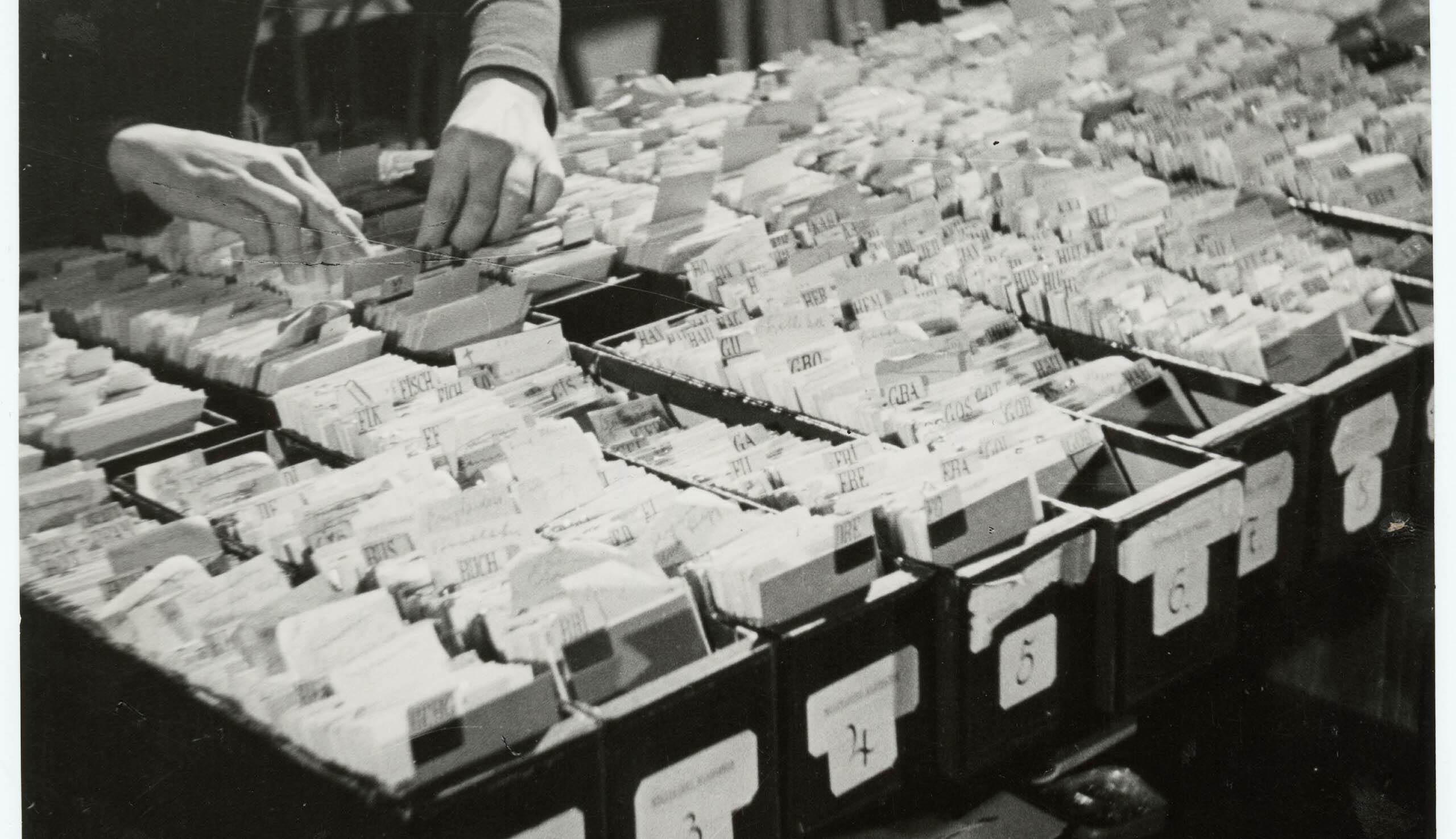
World War II. Geneva. Central Prisoners of War Agency. Ref : V-P-HIST-03574-19. Copyright ICRC
Among the most frequently requested records from the archive kept by the Central Agency for Prisoners of War are those related to World War II, particularly the series on French POWs. Unfortunately, these records are currently only available in paper format and on microfilm and microfiche, making internal searches a slow and complex process.
From microfilm to digitisation: a new lease on life
The archives on French POWs from World War II were stored on Kardex index cards and in logbooks. The documents had also been scanned and stored on microfilm and microfiche to save space.
Given that special readers were required to view the archives (not to mention the time-consuming search process), the ICRC decided to make them available in digital form. Consequently, Arkhênum was contracted to digitise the collection.
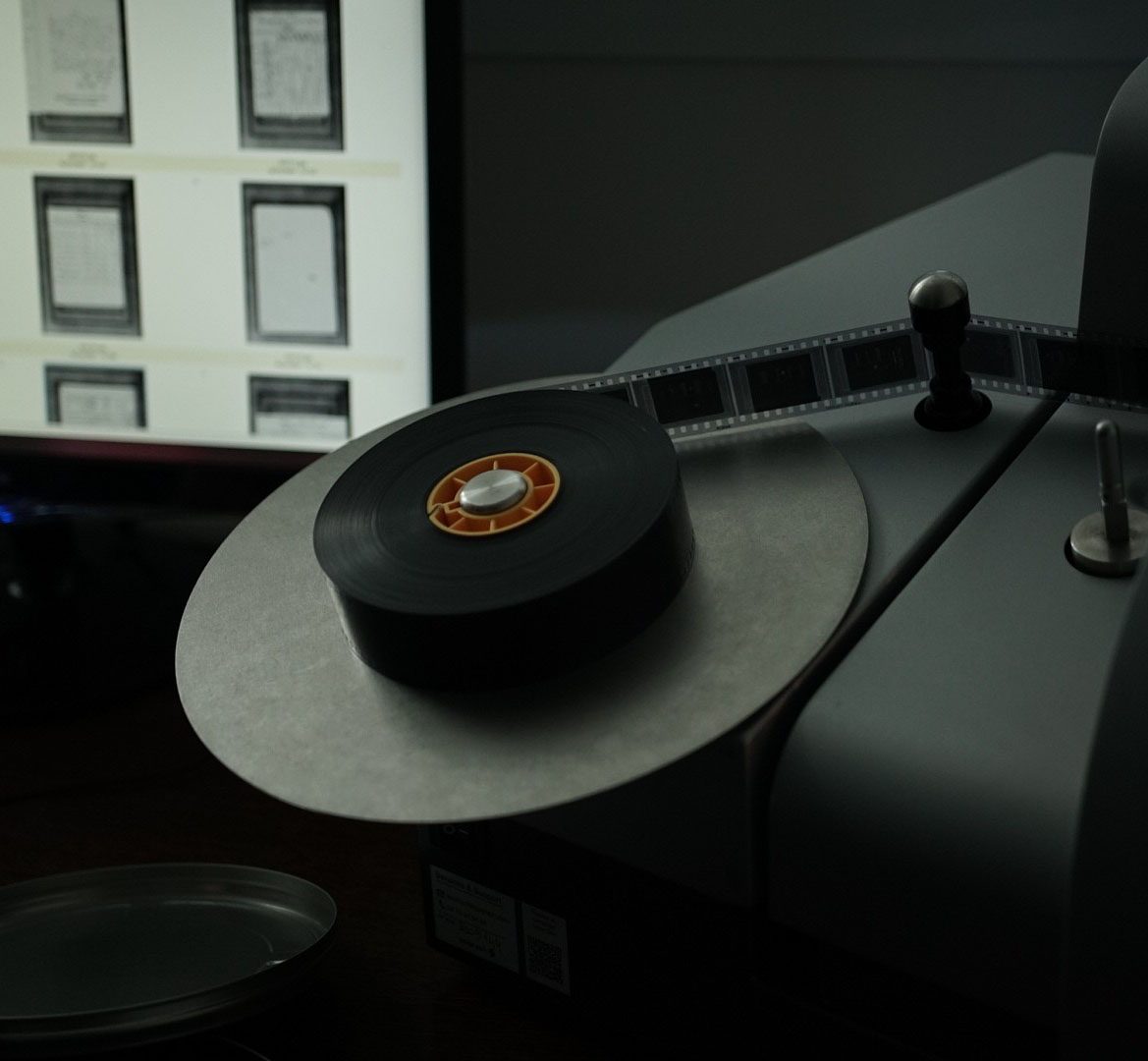
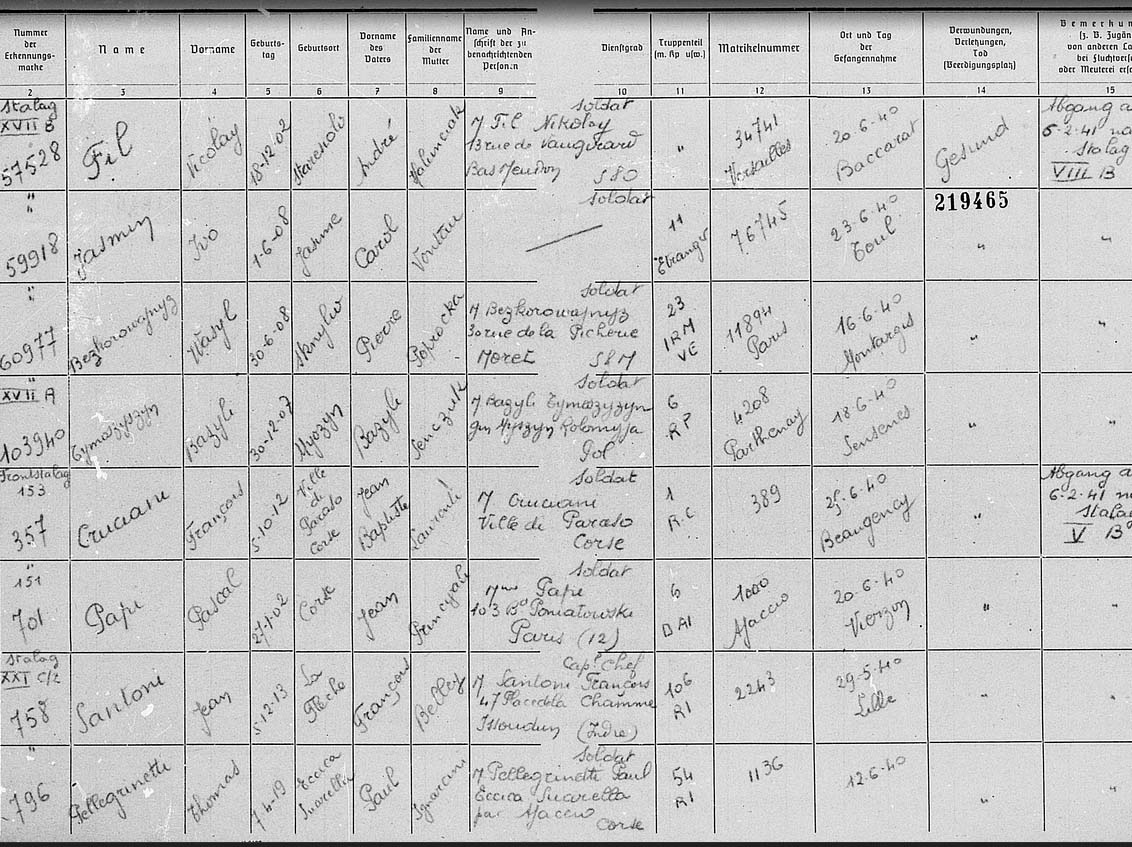
Digitising over 10 million images
In all, over 900 reels of microfilm were digitised, along with 29,000 microfiches.
The index cards containing information about individual prisoners were stored on microfilm, each card featured a reference number that corresponded to logbooks with further information about the detainees, such as their capture location, transfers, place of detention, etc.). These logbooks were stored on microfiches.
Arkhênum introduced a remote collaborative monitoring system to make it easier for the ICRC to track the digitisation process and monitor image quality and communicate with Arkhênum if necessary. Images are uploaded weekly allowing the ICRC to monitor the project’s progress in real time. This streamlined, user-friendly access to the digital images was so effective that the ICRC extended its use of the tool for another year once the project had been completed.
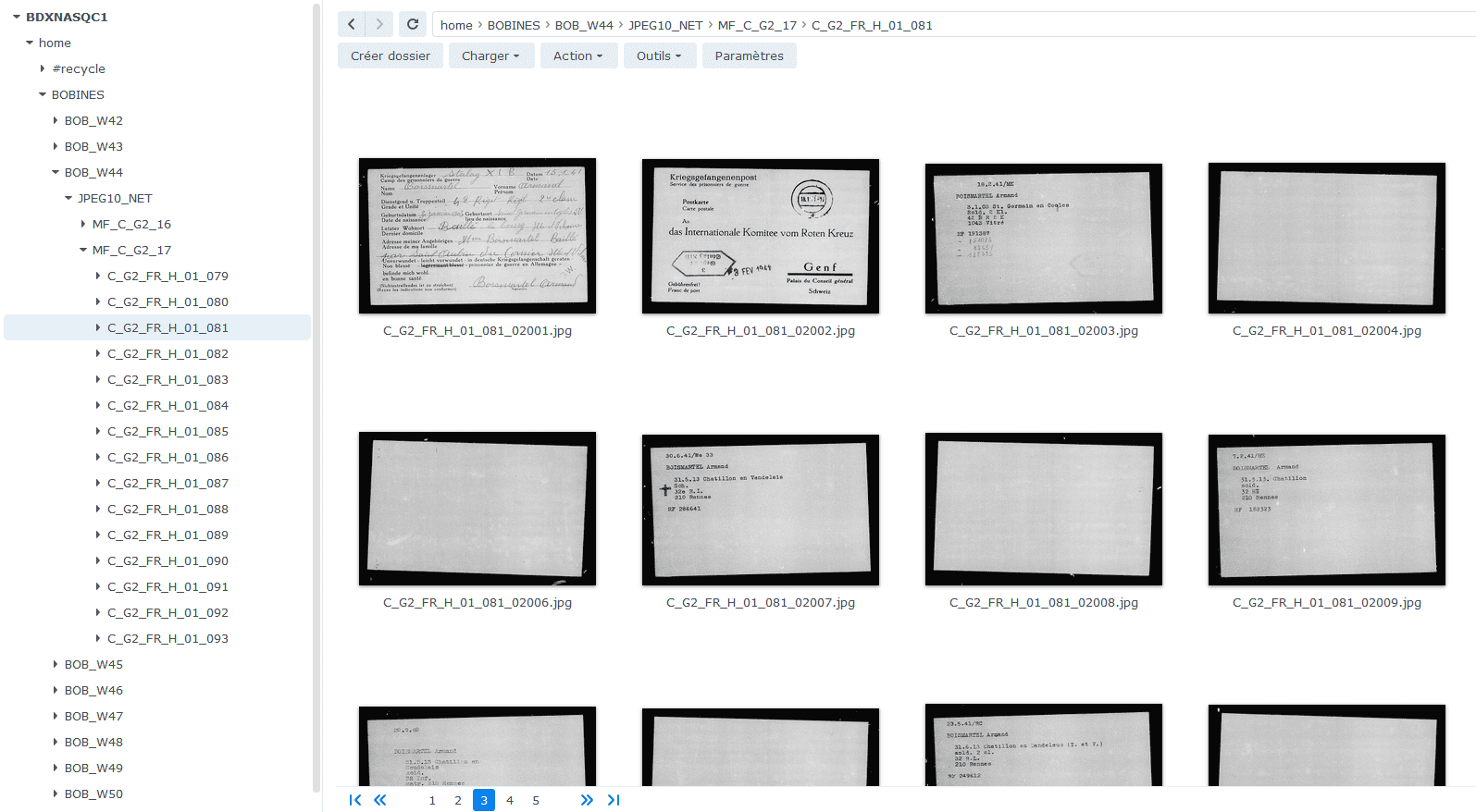
“The digitisation of the collection of the French WWII prisoners of war presented a number of challenges, in particular because of the uneven quality of the microforms. Arkhênum provided thorough support in defining the digitisation parameters, taking full account of our needs. The collaboration went very smoothly, facilitated by their implementation of an online quality control system, their highly professional monitoring and their constant responsiveness.”
Michèle Hou,
Head of Archives and Library digitization projects au CICR
Making use of artificial intelligence
Since the ultimate aim of the project is to rapidly respond to requests for information and to save time internally, the core of the project is to be able to link together the different types of documents.
After studying the manual indexing of handwritten fields (up to 10 fields in French and German), the ICRC will be exploring the use of artificial intelligence to enable the recognition of handwritten texts.
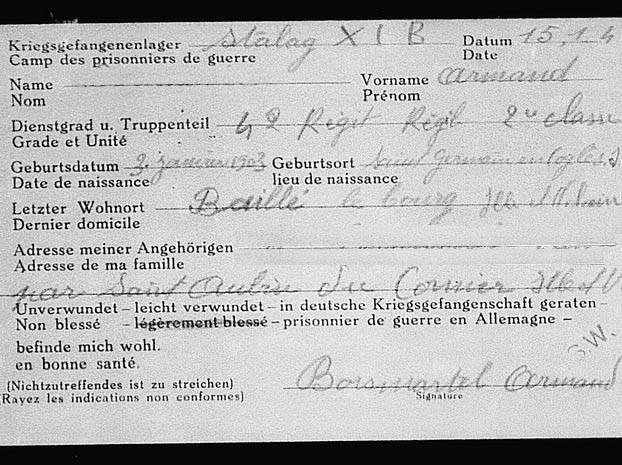
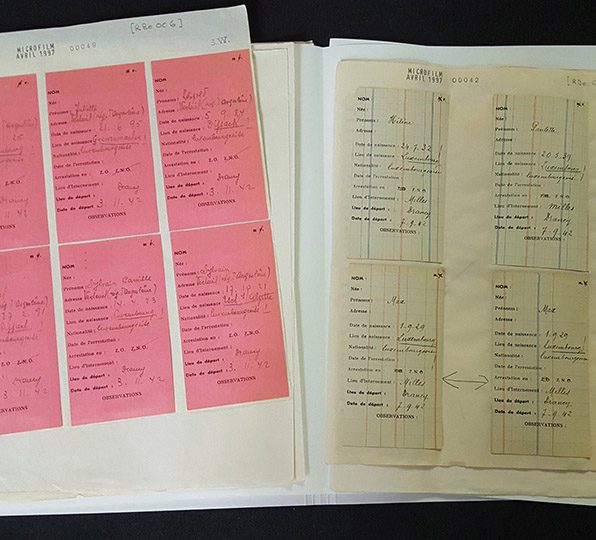
The collaboration continues!
Building on this successful collaboration, the ICRC has decided to continue its partnership with Arkhênum on two further projects on the same theme.
The first involves digitising documents relating to French prisoners of war in the Second World War – 25,000 images will be generated.
The second project, carried out with a German partner, will involve digitising the archives of the Drancy and Theresienstadt camps.
This project, which involves microfiche, Bristol sheets and bound paper archives, will require different types of scanners to cover all formats (microfiche scanner, automatic scanner and heritage scanner).
Every page turned is an archived story

Talent Story No. 6
Talent Story No. 6“Sharing Arkhênum’s know-how and bringing culture to light”Laurent Bidet is a consultant in digitisation and heritage promotion, and sharing is in his DNA. Laurent joined Arkhênum in 2017 and today channels the company's expertise to international...

Talent Story No. 5
Talent Story No. 5“I have the privilege of photographing documents that have never been handled in the 21st century”Turning a hobby into a jobYes, Stéphanie Cousin has turned her passion into her profession! The professional photographer began her career snapping...

Talent Story No. 4
Talent Story No. 4“Working towards something that is meaningful”Emmanuel Fremau, who joined Arkhênum twelve years ago, is now not just marketing manager but also responsible for the company’s digital library services. It’s a dual role that allows Emmanuel to showcase...
